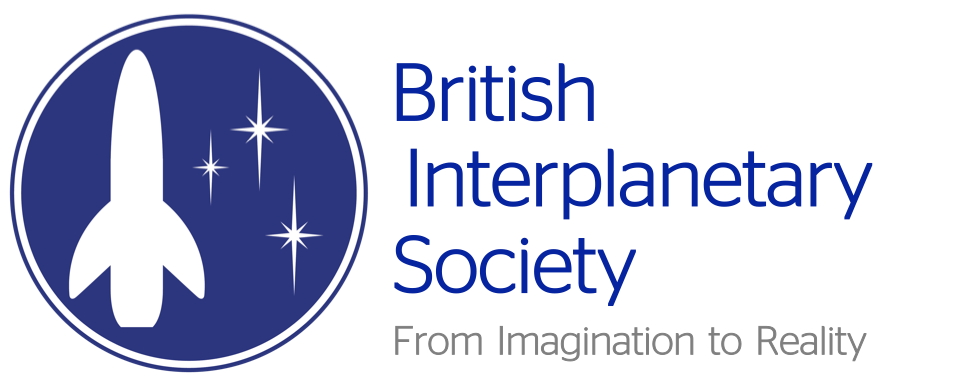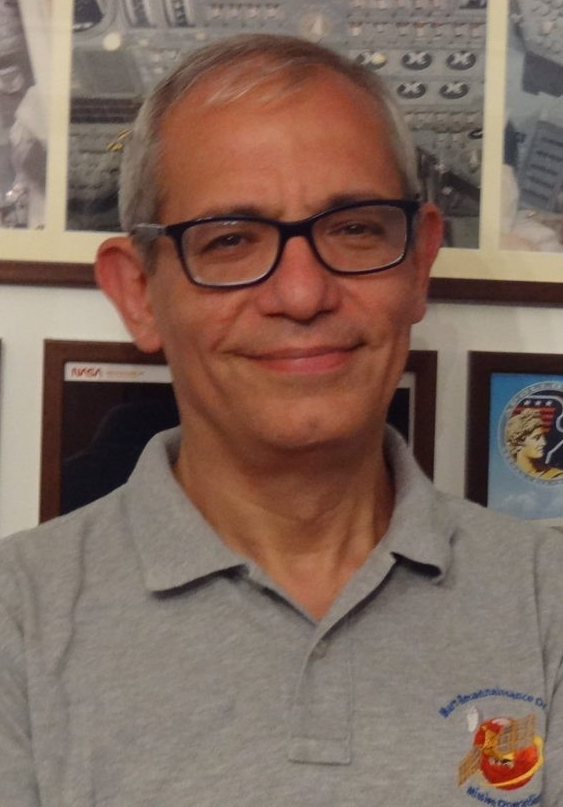 Fabrizio graduated as an electronics engineer from the University Sapienza of Rome, and started working as a freelance consultant in many different kinds of projects and applications, but with a main interest in aviation and space.
Fabrizio graduated as an electronics engineer from the University Sapienza of Rome, and started working as a freelance consultant in many different kinds of projects and applications, but with a main interest in aviation and space.
He was part of the design team of an instrument now orbiting Mars, and he is responsible for its operations, while the rest of his time is devoted to other jobs in other programmes and science-related tasks.
Space has been a constant in both his career and personal life. He managed the first amateur radio communications with an Italian astronaut and volunteers for the Virtual Apollo Guidance Computer project, helps in many varied space-related events, collaborates with a number of associations, amongst other projects.
In 2012, Fabrizio set up BIS-Italia, one of the fastest-growing BIS communities.
Together with branch members, Fabrizio has created innovative ways to educate the public about space and in a short time he had established a continuous presence at major events, in cooperation with the European Space Agency, the Italian Space Agency and the Italian Institute for Astrophysics. He actively encourages the increased involvement of professionals in the Society and continually advocates the modern role of the Society: that of an international organisation to link professionals and help young enthusiasts find a role in the space sector. For these reasons, he participates in the Events Committee and the Marketing Committee, and to future projects to celebrate Apollo 50th anniversary.
He considers being a member of the Society a privilege and he would like to help raise the bar that defines what other members expect the Society to be. The space sector is a growth industry, and the human race is still at the very beginning of human expansion in this new frontier. The Society is a unique organisation with a rich heritage that needs to lead professionals and enthusiasts to keep building – in all contexts – bridges from imagination to reality.
Fabrizio joined the Society in the early 1990s and soon became a Fellow. He defines himself as an “Apollo child” and like many of his peers, the events of 1969 determined his permanent interest in space and also science and technology.



